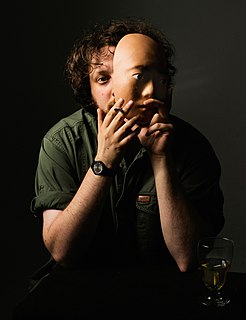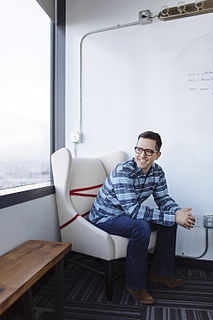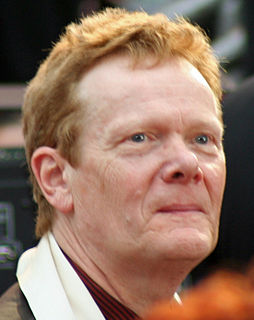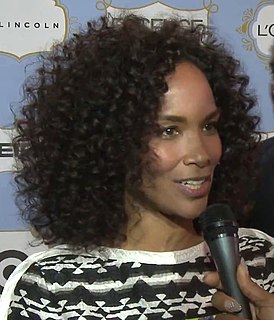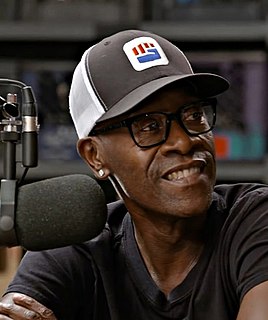A Quote by Arlene Croce
To think of criticism as a conversation is to think of it as a social act, something that puts you in touch with other people who may think the way you do.
Related Quotes
I think, if you can only talk about your stuff in a jargonistic way, you're not as smart as you think. You're alienating people who deserve to have a conversation, or a place in the conversation. If you take the complete inverse and are staunchly anti-intellectual, then I think there's a certain amount of resentfulness in that. There's something about that standpoint that feels a little bit insecure.
I don't have a very high opinion, actually, of the world of criticism - or the practice of criticism. I think I admire art criticism, criticism of painting and sculpture, far more than I do that of say films and books, literary or film criticism. But I don't much like the practice. I think there are an awful lot of bad people in it.
I think that social media is a really good way to stay in touch with the people who are following you, and I think it's nice to have that very direct relationship with them - you don't necessarily need a middleman or woman. A lot of people, when I meet them, I recognize them by their profile pictures.
You can always find a way to do something. Now, of course, when I do the action, it's an action that inspires people, it's a gift to people, it's not the other way around, I do not take something, I do not hurt people. Yes, I think today would be more than impossible and yet part of me would think that I continue to think that nothing is impossible.
I don't believe in marriage. I think at worst it's a hostile political act, a way for small-minded men to keep women in the house and out of the way, wrapped up in the guise of tradition and conservative religious nonsense. At best, it's a happy delusion - these two people who truly love each other and have no idea how truly miserable they're about to make each other. But, but, when two people know that, and they decide with eyes wide open to face each other and get married anyway, then I don't think it's conservative or delusional. I think it's radical and courageous and very romantic.
I do think culture is an argument, and that was part of the way I was brought up. People at a social occasion in Ireland will start shouting and arguing. When the Yeats family lived in Bedford Park, they had to go round to the neighbours to say, 'You might think we are fighting, but this is the way we talk to each other.'
Spaces of liberation are, in a certain way, some kind of social spaces where people can not only get together and think about something else, but also act together. If you are thinking about an elemental solidarity, you are thinking about people acting together and taking decisions together, and thereby beginning to think about what sort of society they want to create. So, there is a need for liberated spaces; that is really difficult.

